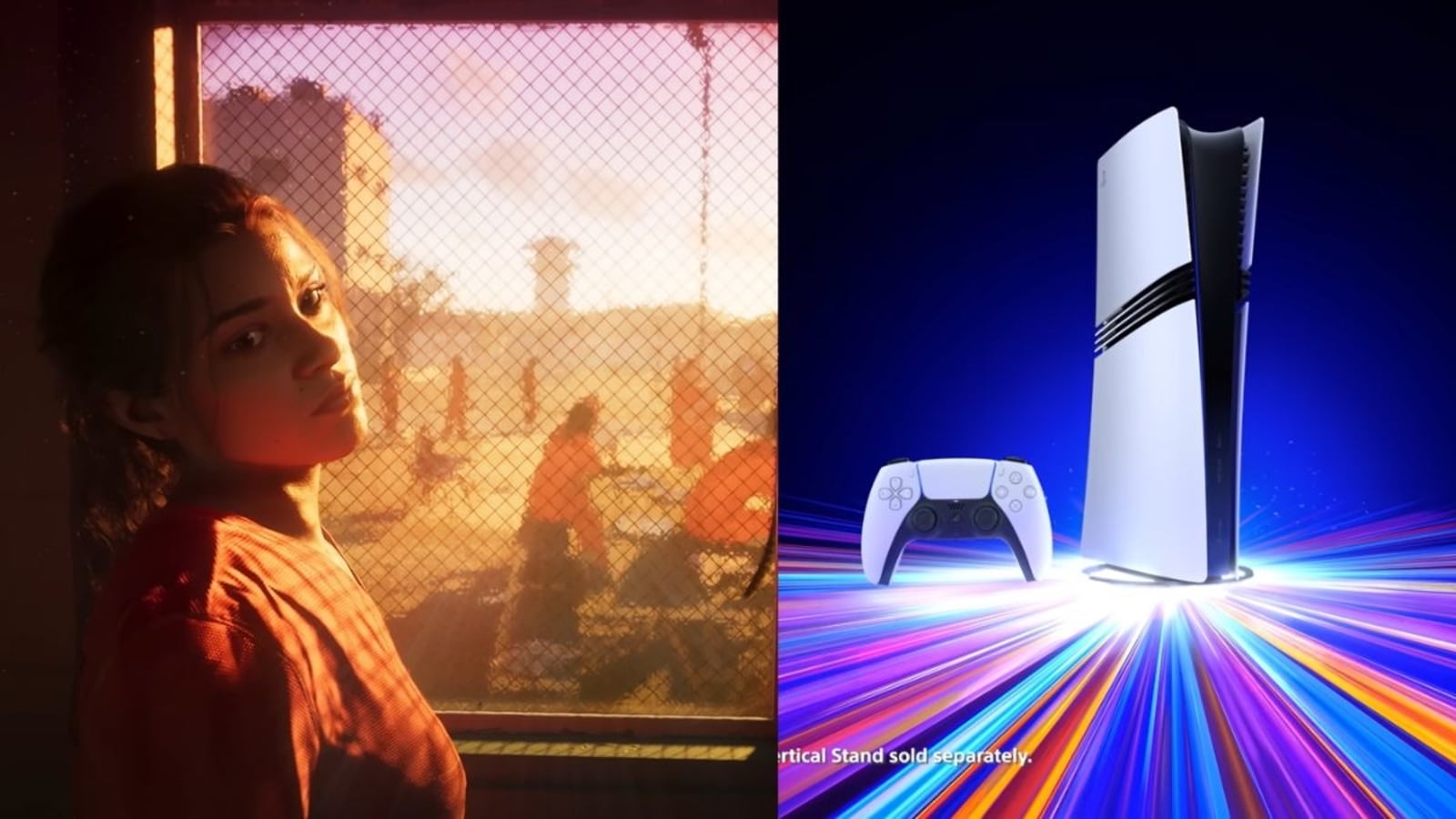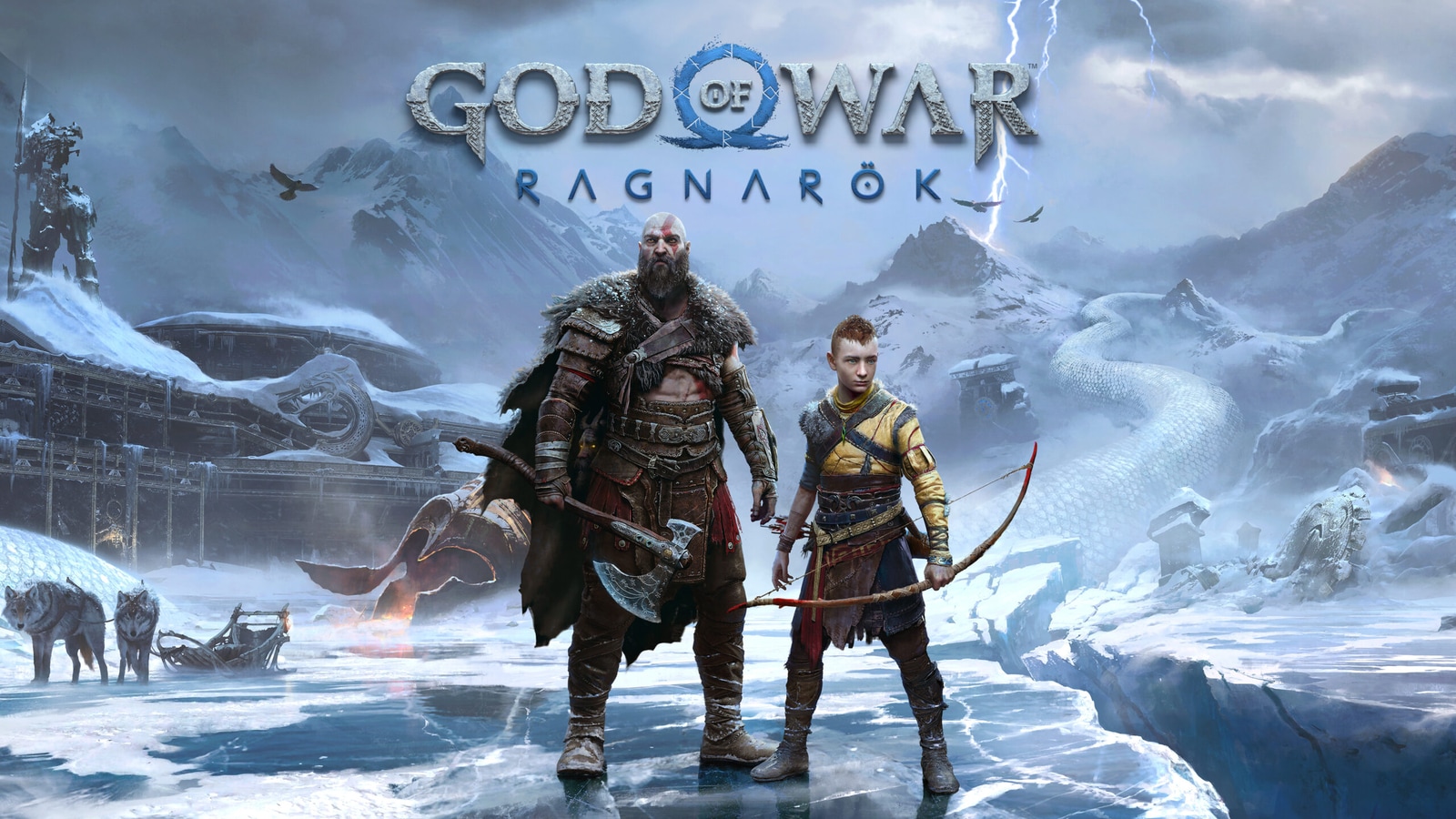In a sign of the deep divisions over the war in Gaza, thousands of artists signed an open letter urging the Venice Biennale to ban “any official representation of Israel” during the art world’s most important event.
This week, they got an answer: The Biennale and Italy’s culture minister said that Israel would still be taking part.
The Biennale said in a statement on Wednesday that any country recognized by Italy could request to participate. The Biennale would “not take into consideration any petition or call to exclude” countries, it added.
The comments came a day after Gennaro Sangiuliano, Italy’s culture minister, issued a far stronger statement in support of Israel’s participation.
“Israel not only has the right to express its art, but it has the duty to bear witness to its people precisely at a time like this when it has been ruthlessly struck by merciless terrorists,” Sangiuliano said.
“The Venice Art Biennale will always be a space of freedom, encounter and dialogue and not a space of censorship and intolerance,” he added.
Israel is scheduled to be represented by Ruth Patir at this year’s Biennale, which will be held from April 20 to Nov. 24; her exhibition in the Israeli pavilion, titled “Motherland,” reflects on the artist’s relationship with motherhood.
During the Venice Biennale’s almost 130-year history, countries facing political turmoil have occasionally been absent. South Africa was banned during the cultural boycott for part of the apartheid era. And Russia’s imposing pavilion has been shuttered since its invasion of Ukraine.
In 2022, Kirill Savchenkov and Alexandra Sukhareva, the two artists scheduled to represent Russia at that year’s Biennale, withdrew from the event, saying there was “no place for art when civilians are dying under the fire of missiles.” The Biennale later announced that it “would not accept the presence” of anyone with ties to Russia’s government at that year’s event.
In its statement on Wednesday, the Biennale emphasized that it was Russia’s government that had announced “it would not participate” in this year’s event.
The open letter urging the Biennale to exclude Israel was published on Monday by Art Not Genocide Alliance, an activist group. The letter, which cited “ongoing atrocities against Palestinians in Gaza” and did not mention the initial Hamas attacks of Oct. 7, said that “any official representation of Israel on the international cultural stage is an endorsement of its policies.”
Among the more than 17,000 signatories were several prominent artists, including the photographer Nan Goldin and Jesse Darling, the most recent winner of the Turner Prize, the British art award. Names of artists scheduled to represent Albania, Cyprus, Finland, Iceland, Lithuania, Nigeria and Zimbabwe at this year’s Biennale also appeared as signatories.
Ever since Israel began its retaliatory campaign, the war between Israel and Hamas has cast a shadow over Europe’s important cultural events. The Eurovision Song Contest is embroiled in a similar debate over Israeli participation, and several filmmakers used acceptance speeches at last weekend’s Berlin International Film Festival to show their support for Palestinians, only to be met by a backlash from German and Israeli officials, including accusations of antisemitism.
In the global art world, many artists worry that speaking publicly in favor of a cease-fire might negatively affect their careers. An open letter about the war that was published in Artforum magazine in October led to the ouster of its editor in chief.
The letter by Art Not Genocide Alliance also criticized the focus of Patir’s exhibition at a time when children in Gaza had been killed, and when mothers have lost access to medical facilities.
Patir and the two curators of her show declined to comment. In October, they issued a statement to ARTnews, explaining that their pavilion would go ahead as planned even though they had been “left stunned and terrified” by the Hamas attacks, as well as the “escalating humanitarian crisis in Gaza.”
“We cling to the belief that there has to be a pocket for art, for free expression and creation, amidst everything that’s happening,” the statement said. “Otherwise, we might as well contend that the extremists have won,” the statement added.
The open letter called that viewpoint simplistic, saying that Palestinian artists did not have free expression and that it set “another double standard.”
Elisabetta Povoledo and Zachary Small contributed reporting.






















